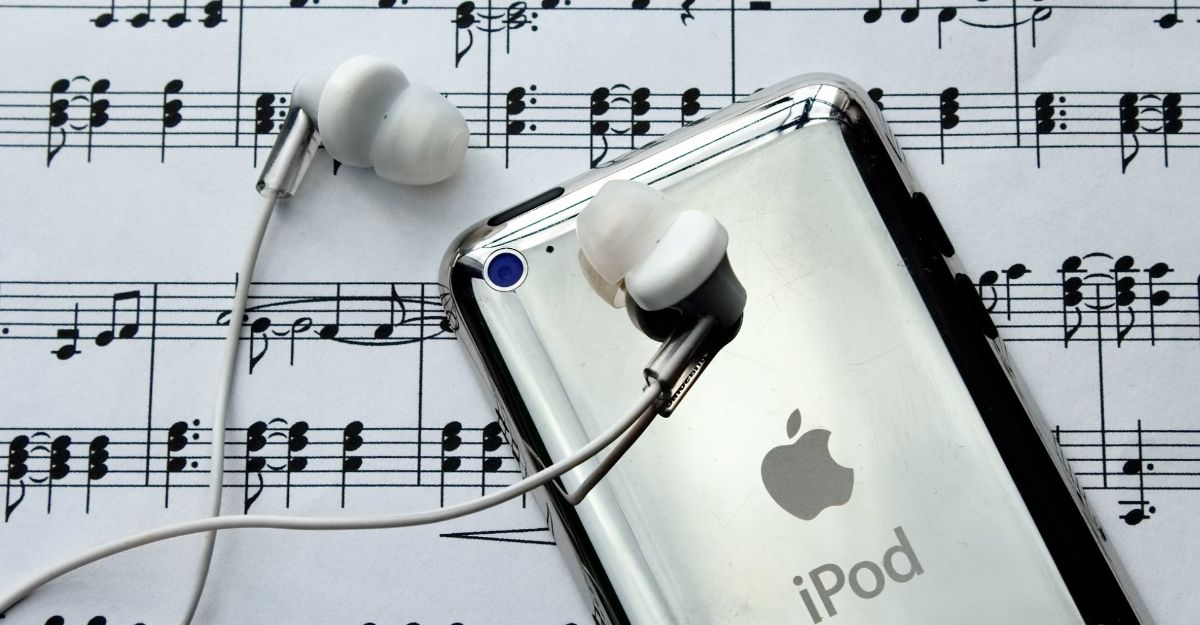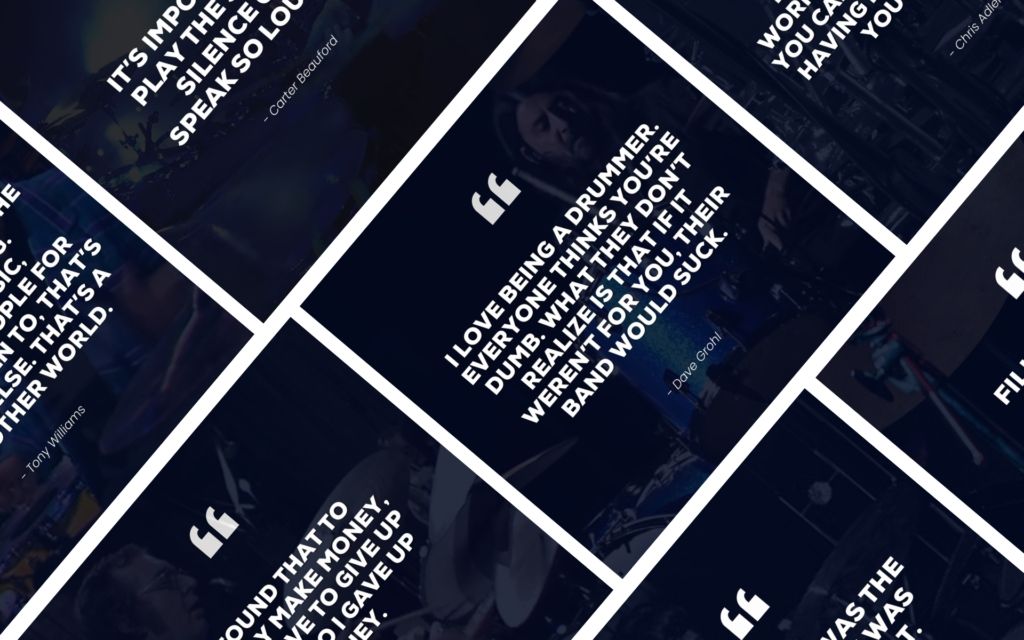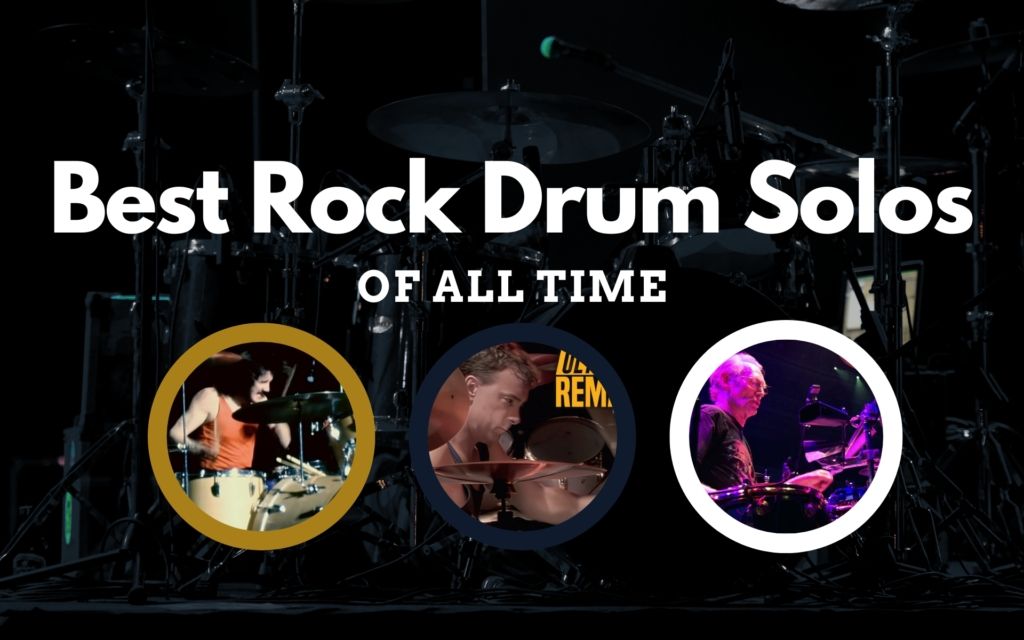Roger Waters, the Pink Floyd bassist and creative force, is a known detractor of the modern music industry. The Times Arts editor Alex O’Connell explains “Waters said how grateful he was to have grown up when an artist’s talent and hard work was rewarded financially – unlike nowadays.”
Waters slams digital music providers, “When this gallery of rogues and thieves had not yet interjected themselves between the people who aspire to be creative and their potential audience and steal every f***ing cent anybody ever made and put it in their pockets to buy f***ing huge mega-yachts and gulfstream fives with.” He continues, “I blame the punters as well to some extent, a whole generation that’s grown up who believe that music should be free.”
Waters presents a strong case. Certainly, if the opportunities for copying and sharing content had existed in the 1970’s the members of Pink Floyd would not be as prosperous as they are today. (According to The Sunday Times Rich List Waters is worth around £160m).
Waters’ arguments resonate with me. Why are consumers unwilling to pay for music? Is it not stealing? Most music fans will readily admit to illegally downloading music at some point in their lives without a second thought for the composers or artists.
The music industry comprises hard working and talented musicians and songwriters who spend their time, effort and resource honing their craft to compose as high quality pieces of music as possible. Unlike Waters and his peers, most modern day songwriters are no longer able to reap the financial rewards and security from writing music that was achievable before the existence of piracy.
Professionally recorded music is a commodity. Waters explains “you could walk into a shop and say ‘I like that television’ and you walk out with it. No! somebody made that and you have to buy it!” Unlike other forms of digital entertainment, such as video games, music is easy to copy and share, and through streaming platforms people can enjoy limitless music without a need to purchase it.
However, Waters is also expressing the typical mantra of a Luddite. Raging against new technologies and change because it effects his ability to earn vast royalties as he is used to. He also ignores the amazing opportunities that are now available to anyone with a laptop and software to write, produce and record professional standard music.
As the record industry has declined over the past decades, the balance has shifted from marketing recorded music to promoting live music. There will never be a replacement for live music, and people will always be prepared to pay to see their favourite acts in concert. Even Roger Waters cannot deny the success of international touring band ‘Australian Pink Floyd’, the popular Pink Floyd tribute act, who have achieved over 3 million ticket sales playing 35 countries around the world. Although Waters provides a valid argument that songwriters and bands will not be able to earn what was previously obtainable before the collapse of the record industry, musicians are able to earn through touring and playing concerts.
The advent of digital has certainly made it more challenging for artists to make a living and get paid for writing music. However, technology has also made it so much easier for unknown artists to write, produce, upload and distribute quality music and get it discovered globally. Something that was impossible in the past without management and a record contract.
Never before have songwriters had the liberation to share their music online for the world to consume. Waters is correct that original music producers should be rewarded for their talent. And the impact of streaming should play on people’s conscience more. But you can’t resist the unstoppable march of technology. And the benefits that technology brings to the masses arguably outweighs the reduction in financial reward of the few.
━━━━━━━━━━━━━━━━━━━━━━━━━━━━━━━━━━━━━
This article is a guest blog of mine that originally featured on Music Think Tank.









